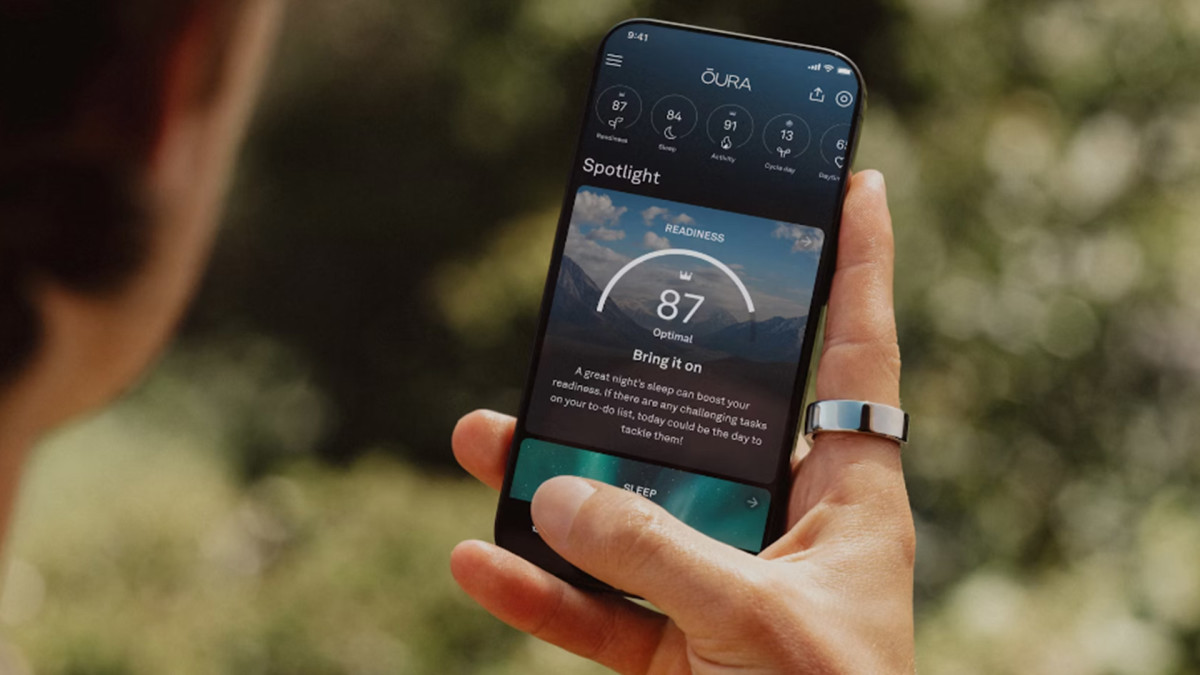Popular fitness tracker’s latest update outrages users
An incredibly important feature does not work the way it should after an update.

Fitness trackers have become much more than step counters — they’re more like personal wellness assistants. From sleep tracking to heart rate monitoring and activity coaching, these devices help people stay accountable, optimize performance, and gain deeper insight into their health.
Whether it’s an Apple Watch reminding you to stand or a Whoop band flagging recovery metrics, wearable tech has woven itself into the fabric of modern fitness.
And with that integration comes expectation. Users build habits around their data. They plan workouts, adjust routines, and even define success by the numbers on their wrists or fingers. So when those numbers suddenly change, it doesn’t just throw off a step count. It can shake a user’s trust in the entire system.
That’s exactly what’s happening now with one popular device: the Oura Ring. A recent update to its activity tracking system, aimed at improving accuracy, has sparked widespread frustration. While the company says the change was made to better reflect real movement, users say their data has become unreliable — and their confidence in the ring is starting to waver.
Related: Oura Ring gets upgrade to take on Apple Watch, Samsung Ring
For a device that markets itself on precision and holistic health insights, that trust is everything. Oura has built a loyal community of users who track not only their steps and workouts, but also recovery, readiness, and sleep quality.
When those metrics feel off — or suddenly shift without explanation — it doesn’t just disrupt daily goals, it undercuts the credibility of the entire experience. And in a space where users have more choices than ever, even a small stumble can open the door for competitors.
New update angers Oura users

Image source: Oura
Oura recently rolled out a broader update aimed at making its overall activity tracking more accurate. This wasn’t just about step counts, but a full recalibration of how the ring detects and categorizes movement. According to Oura, the goal was to better filter out non-intentional motion, giving users more meaningful activity insights.
But for many, the most noticeable result of this update has been a dramatic drop in step counts.





























































































































































